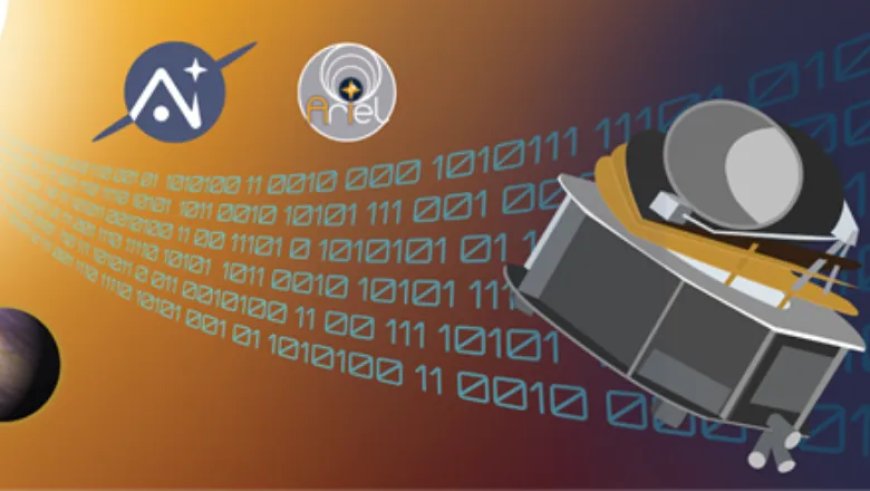King's Hosts Contest to Decode Secrets of Distant Worlds
The Ariel Data Challenge 2025, organized by King's and UCL, aims to enhance the study of exoplanet atmospheres beyond our solar system. The challenge, in collaboration with the European Space Agency's Ariel Space Telescope, brings together over 6,000 academics to utilize machine learning for analyzing atmospheric data. By simulating realistic data, the competition seeks to advance understanding of exoplanet composition and weather.

The Ariel Data Challenge 2025, led by a joint initiative between King's and UCL, aims to revolutionize the atmospheric analysis of planets beyond the solar system.
King's is leading the sixth edition of the Ariel Data Challenge to help scientists collect precise data on the atmospheric conditions of planets outside our solar system. The challenge, based on the European Space Agency's Ariel Space Telescope set to launch in 2029, aims to survey the atmospheres of over one thousand known exoplanets. Over 6,000 members of the academic community have joined forces with data science platform Kaggle to address this challenging task in astronomy. Studying exoplanet atmospheres is crucial for understanding planetary formation and identifying potentially habitable worlds, but the signals researchers are looking for are often extremely faint compared to the light from their host stars.
'Jitter noise,' disruptions in instrument readings caused by spacecraft vibrations, complicates atmospheric analysis. To combat this noise, scientists are using machine learning to detect patterns within the data that may reveal an exoplanet's atmospheric composition. However, the effectiveness of an AI model depends on the quality and diversity of its training data, limiting its applicability to broader contexts. This poses a significant challenge when dealing with various phenomena encountered in space exploration.
'Ariel will be transformational in helping us understand the planets in our galaxy. By studying hundreds of diverse worlds in different environments, we will see our own planet in context, giving us a better sense of why Earth formed as it did.' - Professor Giovanna Tinetti
The Ariel Data Challenge allows the scientific community to train their machine learning models on realistic simulated data mimicking the atmospheric readings of exoplanets observed during missions. This challenge serves as a platform for global partners to collaborate and enhance the understanding of exoplanet atmospheres and weather. Professor Giovanna Tinetti, Vice Dean (Research) for the Faculty of Natural, Mathematical & Engineering Sciences at King's and Principal Investigator for the ESA Ariel Mission consortium, stated that the Ariel Data Challenges have become a significant annual event, engaging the international machine-learning community to address the computational challenges of the mission.
The current competition runs until late October and will award winners with opportunities to present their solutions at the Neural Information Processing Systems conference in San Diego, along with cash prizes for the top six innovations.
'This year, we focused on making our competition as realistic as possible. We are excited to see the diverse solutions the community will offer!' - Dr. Kai Hou (Gordon) Yip, the Ariel Data Challenge Lead from the London Centre for Space Exochemistry Data
According to the source: Mirage News.
What's Your Reaction?
 Like
0
Like
0
 Dislike
0
Dislike
0
 Love
0
Love
0
 Funny
0
Funny
0
 Angry
0
Angry
0
 Sad
0
Sad
0
 Wow
0
Wow
0





















































































































































